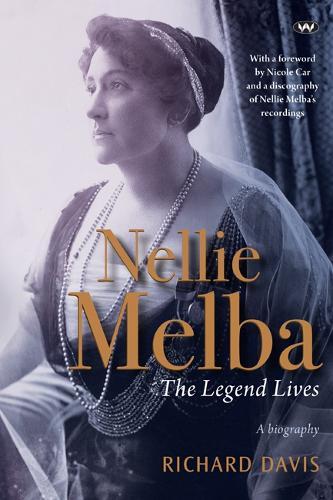Ideas of The Restoration In English Literature, 1660–71
Macmillan, 224 pp, $48 hb
Ideas of The Restoration In English Literature, 1660–71 by Nicholas Jose
With Dryden out of favour and Rochester still only a cult enthusiasm, ‘Restoration literature’ is likely to evoke for most readers only stage comedy, yet likely to seem to a casual reader to promise only scholarly drudgery in justly neglected corners, crowned by an inadequate, hurried examination of a major work, Samson Agonistes, looking sadly astray in this company.
It is true, I think, that the chapter on Samson is inadequate to the work (and it is not quite clear why the even more formidable. Paradise Lost escapes attention); it is true, too, that it has little affinity with the rest of the literature Jose discusses. On the other hand, if his discussion of Samson is slight (and of course an adequate account would have utterly unbalanced the book), it is brisk, original and provocative – this chapter alone elicits in the author a critical intelligence to match the scholarly intelligence deployed elsewhere; and Jose is easily able to take Milton’s work as exemplary, revealing the nature of his contemporaries’ inadequacy.
Baldly, the Restoration of Charles was a measure taken in the absence of any other carrying conviction, but it answered to no deep conviction itself. A crucial passage of Dr Jose’s conclusion is worth quoting:
There was a degree of provisionality and uncertainty at the heart of the Restoration settlement. There was nothing that could be pointed to as ‘social reality’. Political exigencies were confused. There was no received version of the immediate past, and hence no established ways of seeing the present or anticipating the future; and the literary conventions to hand were in various ways anachronistic or inappropriate. In such a situation, in answer to a wide-spread and many faceted desire for reparation and restoration, the poets engaged in an art of fabrication. A naive craftsman like Sir William Davenant, for example, was concerned to work up a coherent and positive view of the king’s return. He made his job straightforward by the exclusion of complicating doubts and alternatives …
Milton, of course, stands utterly opposed to all this. Most interesting, though, is Marvell who, unlike Milton reconciled to the Restoration, nevertheless was able to be swingingly critical of government. I have long been mildly fascinated by his very uneven, at times scabrous satire, Last Instructions to a Painter, which reveals a poet very different from the lyricist who has monopolised attention for the last fifty years. It is satisfying to have this poem set in its historical context in Jose’s sixth chapter, ‘The Poetry of the Second Dutch War’.
After Samson Agonistes, Marvell’s poem is the work that most wins Jose’s respect; it is a pity that he does not devote more critical attention to it and it’s place in English poetry: that he thinks the latter as significant as I do is signalled clearly enough by a parenthetical reference to ‘Marvell’s successors – Swift, Gay, Pope and Johnson.’. Nevertheless, we may be grateful for the book we have, which is never less than informative and readable. Like many monographs that stem from doctoral theses, this carried in its Preface a burden of acknowledgement that, faintly comically, gives the sense of the completion of an exhaustive lifework. We can hope, on the contrary, that this is only a distinguished beginning.














Leave a comment
If you are an ABR subscriber, you will need to sign in to post a comment.
If you have forgotten your sign in details, or if you receive an error message when trying to submit your comment, please email your comment (and the name of the article to which it relates) to ABR Comments. We will review your comment and, subject to approval, we will post it under your name.
Please note that all comments must be approved by ABR and comply with our Terms & Conditions.